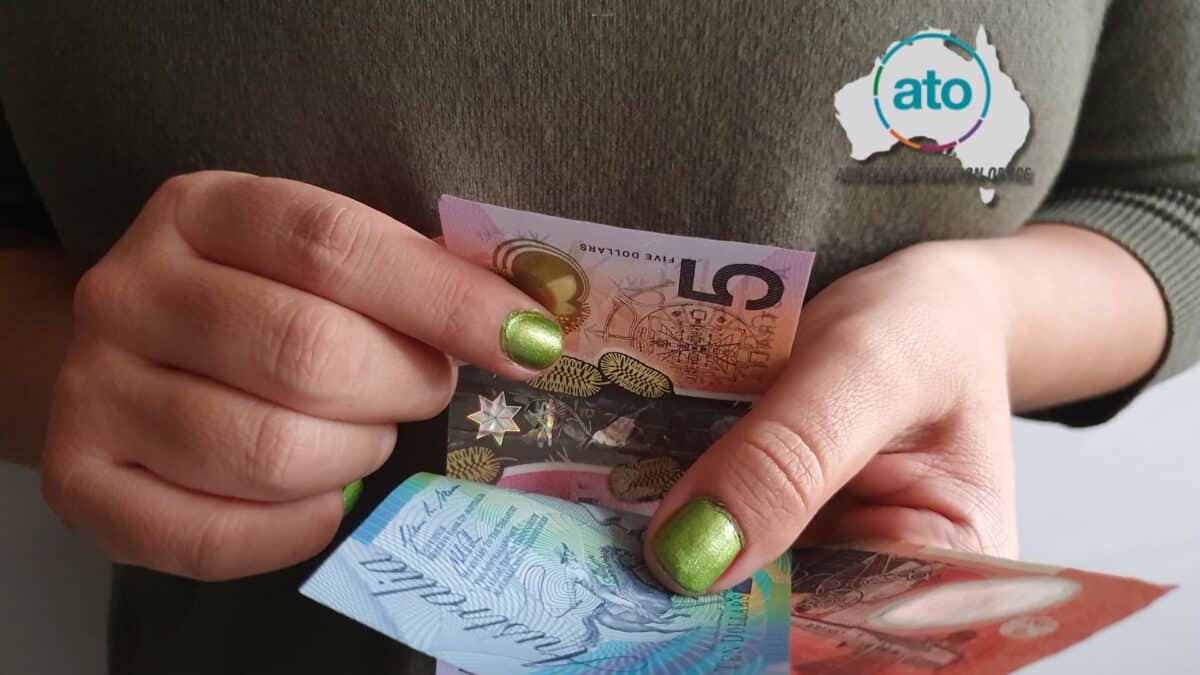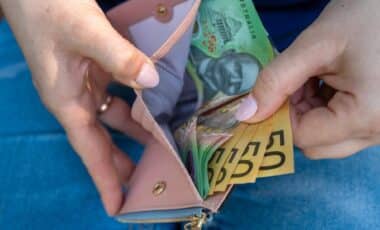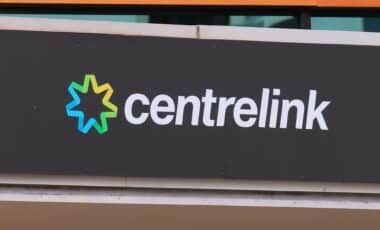The Australian Taxation Office (ATO) has introduced a practical exception for employees who receive a travel allowance, allowing them to claim tax deductions for certain travel expenses without retaining receipts. This change streamlines the process for workers who regularly travel for business, easing administrative burdens while setting clear guidelines on “reasonable amounts” that can be claimed.
Travel expenses such as accommodation, meals, and incidental costs typically require documented proof to claim deductions. However, the ATO recognises that keeping receipts for every minor expense can be impractical for frequent travellers. The allowance scheme offers a structured way for taxpayers to claim appropriate amounts based on their location and income bracket, providing clarity and fairness.
Exception Applies to Employees Receiving Travel Allowances
According to Hive Wise founder Hripsime Demirdjian, the ATO allows employees who receive a travel allowance to claim deductions for certain expenses without retaining receipts, as long as the amounts claimed are reasonable. This exception typically applies to workers whose roles require regular overnight travel away from home. The allowance usually covers accommodation, food, drink, and smaller incidental expenses such as parking and public transport.
For the 2025 financial year, workers earning up to $143,650 annually can claim up to $358.90 per day for travel to Sydney. This daily allowance breaks down into $198 for accommodation, $33.90 for breakfast, $38.10 for lunch, $64.95 for dinner, and $23.95 for incidental expenses. The ATO also issues different reasonable amounts for international travel, which vary by destination and should be verified before claiming.
Common $358 a day expense the ATO lets you claim on tax without receipts https://t.co/Gvr0wOnWWw
— Yahoo Finance Australia (@YahooFinanceAU) May 19, 2025
How The Deduction Works in Practice
An example from the ATO involves an accountant earning $150,000 who travels monthly to Sale, Victoria. While the employer pays directly for accommodation, the accountant receives a $140 daily allowance for meals and incidentals. If the accountant spends less than this amount on meals and related expenses, they can claim a deduction for the difference without providing receipts. However, accommodation costs paid by the employer cannot be claimed.
This example illustrates the flexibility provided to taxpayers while maintaining limits that prevent excessive or fraudulent claims. Taxpayers are encouraged to keep track of their expenses and ensure claims do not exceed the ATO’s reasonable thresholds.
Importance of Compliance and Seeking Professional Advice
Although the ATO has relaxed receipt requirements for certain travel expenses, taxpayers must still comply with rules governing reasonable amounts and accurate reporting. Failure to comply or submitting inflated claims can lead to audits and penalties. Tax professionals recommend that workers consult relevant Taxation Determinations or accountants to verify claim amounts and ensure adherence to ATO guidelines.
This policy change reflects a broader trend towards simplifying tax processes for modern workers, especially those who travel frequently. It highlights the ongoing balance between easing taxpayer responsibilities and maintaining rigorous oversight to safeguard the integrity of the tax system.









